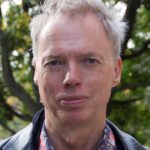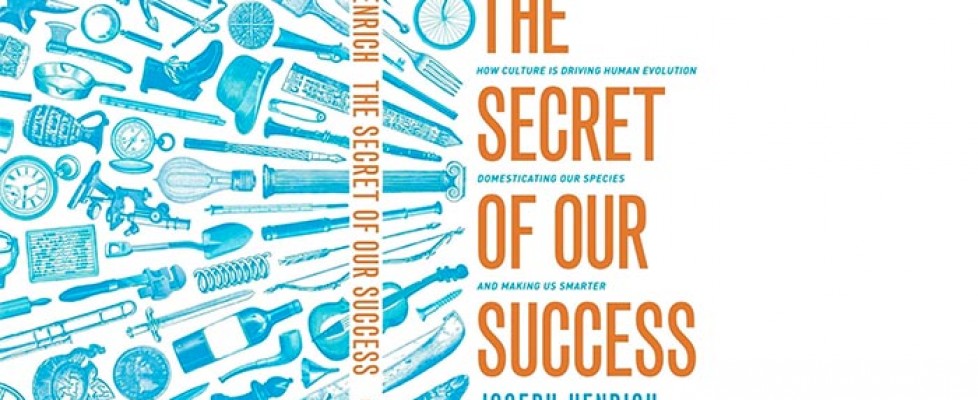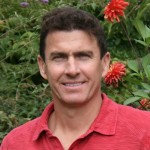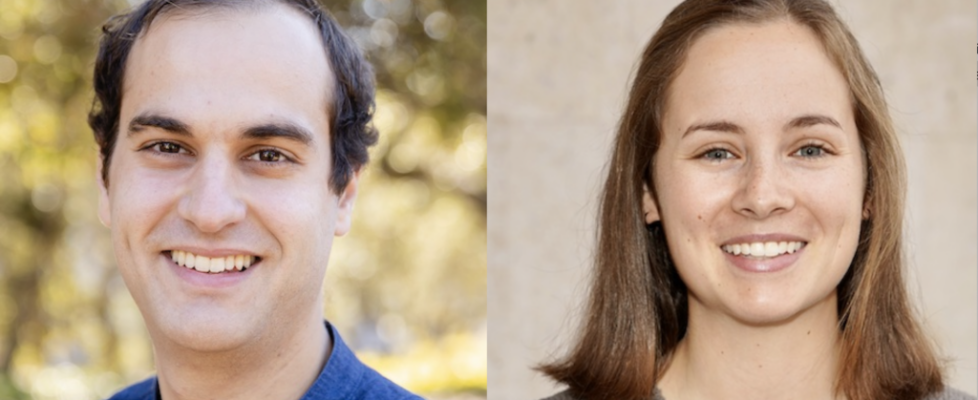Smartphone Seismology & Histamine Neurology – May 27
Wonderfest Science Envoys are early-career researchers with enhanced communication skills and aspirations. Following short talks on provocative modern science topics, these two Science Envoys will answer questions with insight and enthusiasm:
• UC Berkeley seismologist Savvas Marcou on Smartphones Map Ground Shaking in Our Neighborhoods — California is earthquake country. Everyone would love to know how much shaking the next temblor will deliver to their neighborhood. Fortunately, the humble smartphone, available in everyone’s pockets, can record and map ground shaking patterns in unprecedented resolution, and may transform how we think about the next big earthquake.
• Stanford neuroscientist Ashley Moses on Rethinking Histamine: From Molecule to Motivation — Though primarily known for its role in allergies, histamine influences cognition, mood, and sleep, as well. In fact, this understudied molecule is indispensable for brain health. By studying histamine’s role in motivated behaviors, we can uncover groundbreaking insights into neurological problems like depression, Parkinson’s Disease, and stress disorders.
This interactive science presentation, free and unticketed, is produced by Wonderfest in partnership with Marin Science Seminar.
Marin Science Seminar [https://marinscienceseminar.com]

Experience Machine – May 6
My previous encounters with reality contribute to my internal mental predictions about the world that, in turn, help to shape my actual future experiences. So, seeing the “real world” (or hearing sounds, or feeling pain, or …) involves a personal, ideosyncratic filter/kaleidoscope. This prediction-based theory of mind is quite hopeful. More than a facile version of “positive thinking,” it suggests a realistic optimism where well-tuned expectations can actively help to bring about desired states and experiences.
Our speaker, Dr. Andy Clark, is Professor of Cognitive Philosophy at England’s University of Sussex. He will present ideas from — and answer questions about — his new book, The Experience Machine: How Our Minds Predict and Shape Reality.

Dr. Andy Clark
BookShop West Portal [https://www.bookshopwestportal.com]
This free, unticketed event is a joint production of Wonderfest and San Francisco's BookShop West Portal. In the space below, please support Wonderfest's nonprofit work in science outreach. (NOTE: Despite the Eventbrite wording, your thoughtful donation is not a "sale.")

The Secret of Our Success: How Culture is Driving Human Evolution, Feb 2

Joseph Henrich
Map: [https://goo.gl/maps/Xmfhfi52pvx]
Co-presented with The Commonwealth Club Silicon Valley

